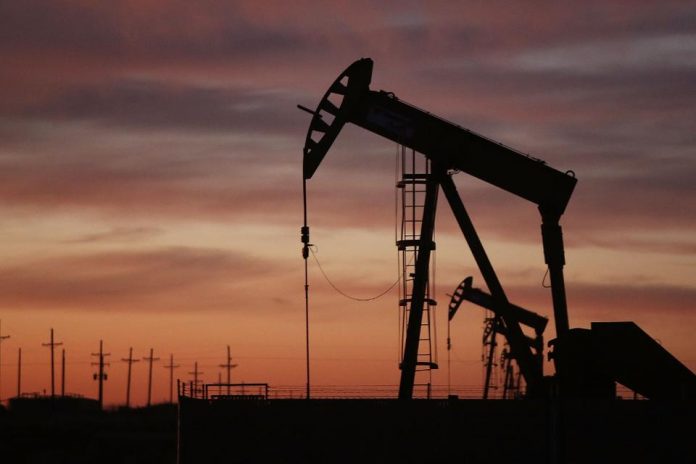Companies from Russia’s oil industry have asked for compensation from the government for expenses and losses caused by a recent tax maneuver in the sector, Izvestya reports.
The issue of compensation payments after the completion of the tax overhaul in the industry may be discussed at a meeting of the Presidential Commission for Strategic Development of the Fuel and Energy Sector and Environmental Safety, a source in a large oil corporation familiar with the preparations for the event told the newspaper.
Kremlin Spokesman Dmitry Peskov confirmed the possibility of including this topic in the agenda of the meeting, which will take place at the beginning of next week.
The implementation of the tax maneuver in the oil and gas industry began in 2015. The legislation includes a gradual reduction of the export duty on oil and oil products to zero and a simultaneous uniform increase of the mineral extraction tax for oil and gas condensate. Starting from 2019, the export duty on oil will decrease from 30% to 5% per annum for six years. At the same time, the mineral extraction tax will be raised until 2021.
The adopted laws presuppose a gradual reduction of the export duty rate for oil and oil products to zero and a simultaneous uniform increase in the mineral extraction tax (NDPI) – oil and gas condensate. Starting in 2019, the export duty for oil will decrease from 30% to 5% per annum for six years. At the same time, the mineral extraction tax will be raised until 2021.
Due to the reform, the government expects to receive additional revenues of up to $23.6 billion within six years, as assessed by Deputy Prime Minister Dmitry Kozak.
The oil industry has already appealed to the government to mitigate or adjust the tax maneuver. During the discussion of the reform, the companies, but also economic experts warned that because of the rise in prices of oil in the domestic market, wholesale prices for petroleum products could also change.
After a meeting with the government, two mechanisms were envisaged in the maneuver: excise deductions (reverse excise) for oil refineries and an additional damping excise on petroleum products, which takes into account the profitability of exports. In this case, a mandatory upgrade of processing facilities will be a condition for granting deductions for refineries, Izvestya writes.












